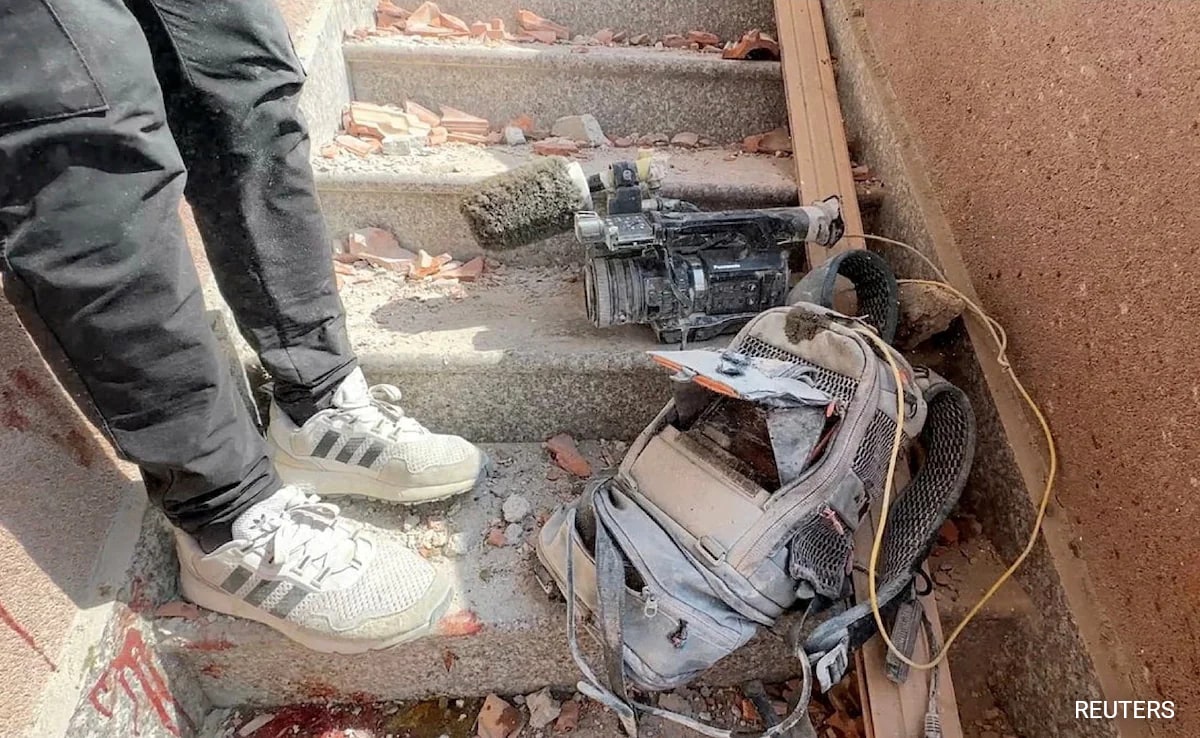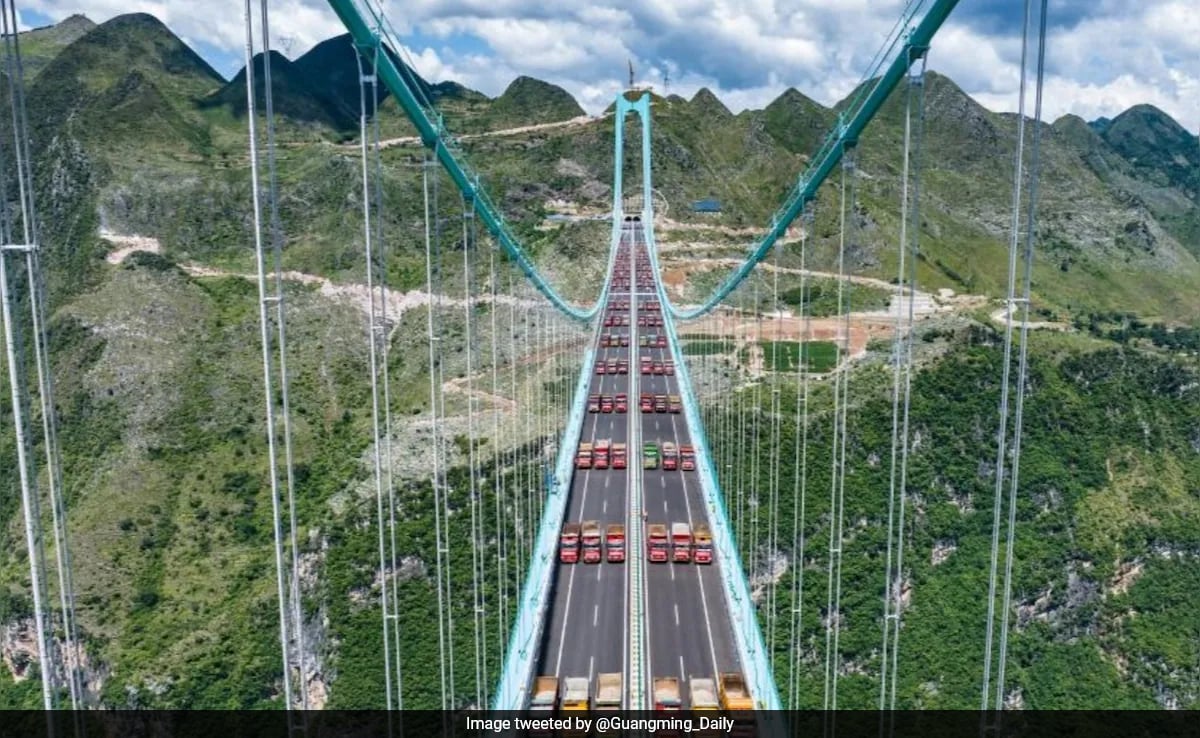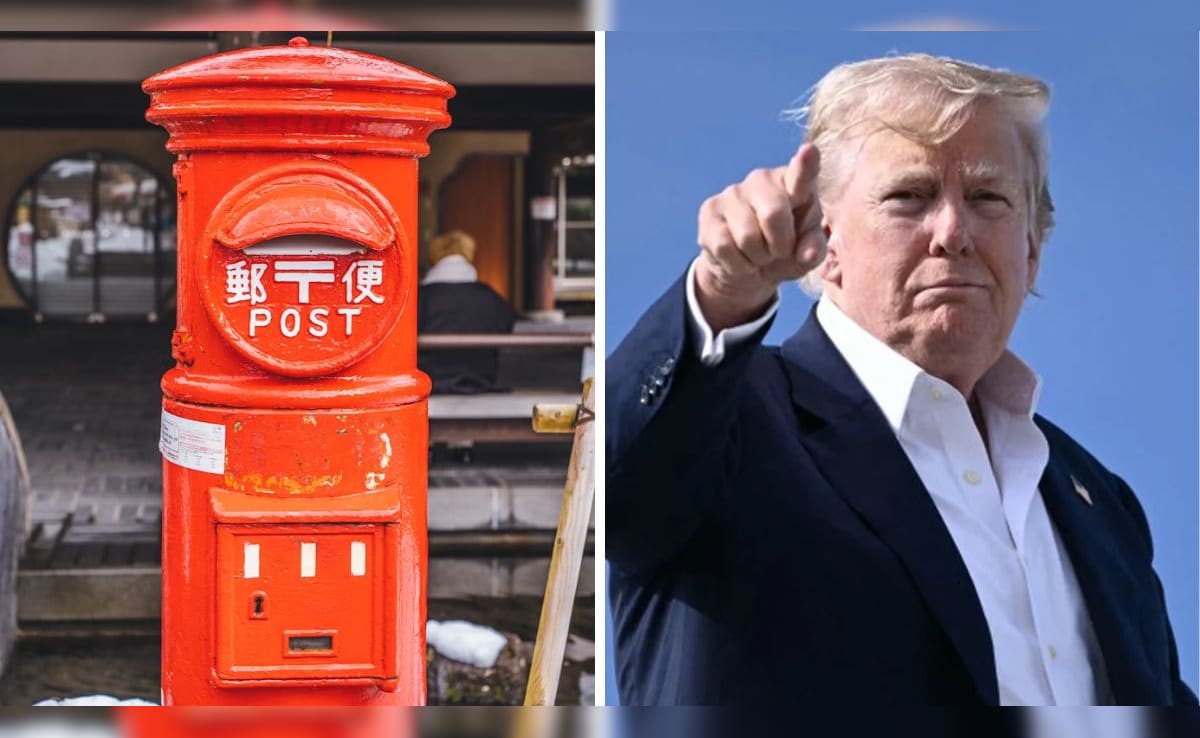Taiwanese President Tsai Ing-wen said in a video response that she appreciated the basketball starâs advocacy and pledged to âalways defend our hard-earned freedom and democracy.â She also noted that Taiwan had many fans of the sport, in a seeming allusion to Kanterâs attack on Nike for being relatively silent on human rights issues in China, which is a key market for the sportswear giant.
Nike has said it does not source products or supplies from Xinjiang, the Chinese region where there has been a brutal state-sponsored campaign of repression against the Uyghur minority.
Taiwanâs heightened effort to promote its democratic status is an attempt to raise its profile as a distinct entity from China, which claims the island as part of its sovereign territory, said Ja Ian Chong, an Asia security expert at the National University of Singapore. âSo much of the outward push by Beijing is to diminish Taiwanâs status [but] people are more aware now that it is different.â
Many members of Tsaiâs ruling Democratic Progressive Party explicitly support Taiwanese independence, though the President has staked a more middle ground. China, for its part, has promised to âsmashâ Taiwan in the event of a formal declaration of independence.
Beijing has reacted harshly to criticism of its policies involving Taiwan and Hong Kong, which it considers to be part of its many âred lines.â The Chinese Foreign Ministry previously dismissed Kanterâs past comments on Tibet as âclout chasingâ and said that they were not worth rebutting â even as the country wiped the Celtics from NBA broadcasts.
Beijing views self-governing Taiwan as part of the Peopleâs Republic, though the Communist regime has never controlled the island. Their Nationalist rivals fled to Taiwan, which is separated from China by about 100 miles of water, after losing a long and bloody civil war in 1949. The island developed into a vibrant democracy after decades of authoritarian Nationalist rule, but China has increasingly threatened Taipei, with Xi sending record numbers of warplanes near Taiwan.
The United States severed formal diplomatic ties with the Republic of China, Taiwanâs official name, in 1979, to set up relations with the Peopleâs Republic of China. Washington is bound by legislation to help Taiwan defend itself, including through arms sales, but the Taiwan Relations Act does not specifically say the United States must support the island in case of war.
President Biden has vowed to defend the island from potential Chinese incursion, in a promise that was an apparent contradiction of Americaâs longtime strategic ambiguity. The White House later clarified that the policy had not changed.
In an interview published late Friday, Australian defense minister Peter Dutton said that it âwould be inconceivable that we wouldnât support the US in an action if the US choseâ to militarily defend Taiwan.
âI think we should ⦠look at all of the facts and circumstances without pre-committing, and maybe there are circumstances where we wouldnât take up that option, [but] I canât conceive of those circumstances,â Dutton, a leader of the conservative Liberal Partyâs right wing, told the Australian newspaper.
Canberra has a defense alliance with Washington and Australia recently inked a landmark nuclear submarine pact with Britain and the United States that was widely seen as targeted at China. Australiaâs relations with China have significantly worsened in recent years.
The ministerâs statement âunderscores what many have taken for granted,â said Chong, the Singapore professor. Dutton did not specify the nature of potential Australian assistance, though Chong suggested that recent âpressure and punishmentâ by Beijing could push Canberra to be more active.
Duttonâs pledge came several months after a senior Japanese defense official said that Tokyo had âto protect the Taiwan as a democratic country.â The United States and Japan are also in a long-standing defense alliance.
Taiwan welcomed a delegation of U.S. lawmakers earlier this week, in a move that drew a sharp rebuke from Beijing. Members of the European Parliament, led by prominent Beijing critic Raphaël Glucksmann, also visited the island in November.
Ang reported from Seoul.
.png)











 English (United States) ·
English (United States) ·  Turkish (Turkey) ·
Turkish (Turkey) ·